Can you remember the last time when the challenges that inner city public school teachers face were the subject of a popular TV series? Abbott Elementary — which has just been renewed for a second season on ABC — does just that. The Philadelphia school on TV is fictional, but the challenges it faces are all too real. Closely based on the school that series creator (and star) Quinta Brunson attended, and especially her experiences with Ms. Abbott, her 6th grade teacher, the show combines art, education and activism. On this month’s Meet The BIPOC Press with URL Media, real-life educator Joyce Abbott joins acclaimed actress and activist Sheryl Lee Ralph from the series, to discuss what the show’s success shows us about this moment, when educators, especially teachers of color, are leaving the profession in droves. Our conversation was recorded before the chilling school shooting in Uvalde Texas, but it asks the relevant questions: can a TV show help shift the culture and change policy? Among her many accolades, Ralph starred in the original Broadway production of Dreamgirls. Is quality education for all, a dream? Laura Flanders and co-hosts Mitra Kalita and Sara Lomax-Reese don’t think it should be.
“The teachers, even though they get the school training, the college training, I don’t think anything can prepare you for when you go into the classroom. We’re still in the pandemic, all the trauma with the civil unrest — it’s a lot, and you have to be willing to invest a lot of time and a lot of energy.” – Joyce M. Abbott, Educator & Abbott Elementary Namesake
“There is something going on in the psyche of America when we would rather preach injustice, when we would rather tell our children a skewed view of the world. Something is going on in America and the good people, the wise people, must rise up and do better for each other, for all of us to keep the dream of the great United States of America alive.” – Sheryl Lee Ralph, Actress & Activist
Guests
- Joyce M. Abbott: Educator & Abbott Elementary Namesake
- S. Mitra Kalita (Co-Host): Co-Founder, URL Media
- Sheryl Lee Ralph: Actress & Activist
- Sara Lomax-Reese (Co-Host): Co-Founder, URL Media
Prefer to Listen?
Subscribe to our podcast to listen to this week’s episode on your favorite podcast platform. Available on Monday.
Transcript
LAURA FLANDERS: Budget cuts, racial bias, exhaustion, and kids being kids. Can you remember the last time when the challenges that inner city public school teachers face were the subject of a popular TV series? No, I can’t either. But “Abbott Elementary”, which has just been renewed for a second season on ABC, does just that. With humor and heart, and no shortage of hints about what’s wrong and why, “Abbott Elementary” takes audiences to a West Philadelphia public school that is fictional, but very closely based on the one creator Quinta Brunson attended, and especially her experiences with Ms. Abbott, her sixth grade teacher. For this month’s Meet the BIPOC Press episode, our colleagues, Mitra Kalita of Epicenter NYC, and Sara Lomax-Reese of Philadelphia’s own WURD, have pulled off a miracle. We have the real life Ms. Joyce Abbott, and the accomplished actress and activist Sheryl Lee Ralph, from the series, in the house, right here. Ralph who won a Tony nomination for her performance in the original production of “Dreamgirls” on Broadway, portrays Barbara Howard, a no nonsense veteran teacher, in a sometimes testy relationship with newbie optimist, Janine, played by Brunson herself. The show is a hit and it comes at exactly a time when in real life, precious educators, like these two, especially teachers of color are leaving the profession in droves. Can a TV show help stem the tide, shift the culture, change our nation and its spending priorities? To delve into all that and more, I am excited to pass the mic to Sara and Mitra of URL Media. Have fun you two, this is going to be a great show.
SARA LOMAX-REESE: Thanks so much, Laura. It is so exciting to be here with these two amazing guests for our monthly Meet the BIPOC Press. And so, to kick off our conversation, I’d love to ask a question to both of you. I mean, there is such momentum, such excitement about “Abbott Elementary”, it’s getting Emmy nominations and the buzz on social media is so high. What do you think accounts for so much excitement and momentum for this series? And I’ll start with you, Sheryl Lee Ralph.
SHERYL LEE RALPH: I’d really have to say it is the vision of Quinta Brunson. Our young creator has her finger on the pulse of what is going on in the culture right now. She has assembled an incredible room of writers, who are bringing all of their different experiences to these scripts, and they are just telling some beautiful truths that are sometimes uncomfortable. But then, they put that humor on top of it.
JANINE TEAUGUES, TEACHER: So there have been three presidents since this one, okay? It’s an old book. So here’s where I taped in the others. I’d say the main problem in this school district is yeah, no money. The city says there isn’t any, but they’re doing a multimillion dollar renovation to the Eagles stadium down the street from here.
SHERYL LEE RALPH: There’s something about that chemistry, that mix, that makes people want to see this show. They watch it, they talk about it, they stream it, they tweet it. It has been the most amazing response to a piece of art that I have been a part of that I can remember, and it has just been so beautifully overwhelming, and I love it.
SARA LOMAX-REESE: Can I just ask Ms. Abbott a question? Like, when did you find out that “Abbott Elementary” was going to be named for you? And how did that feel?
JOYCE M. ABBOTT: The creator, Quinta, she’s a product of the Philadelphia public school system. The show was inspired by her mother, who she was at school with for her first five years of school. And she’s seen, you know, her mother, the sacrifices. And on top of that, because I have to give her mother, Norma Brunson, I mean, a lot of credit also. Because when she was a teacher, she also… I had Quinta as a student, she was an excellent parent. She came to all the meetings, all the back to school nights, while still being a phenomenal teacher. And then, the show was inspired by her mother and the name of the show was inspired by me. So all Philadelphia school… Both of us are Philadelphia school educators, and Quinta is a product of the Philadelphia school district.
JANINE TEAUGUES, TEACHER: Anyway, hey, did you get my email about the two of us hanging together after school, or…
BARBARA HOWARD, TEACHER: No, it must have gone to spam.
JANINE TEAUGUES: It’s so crazy how my emails do that with you and nobody else.
BARBARA HOWARD: Class, turn around.
JANINE TEAUGUES: Bye, mom. I’m sorry, Ms. Howard. Bye, Ms. Howard.
S. MITRA KALITA: So I just want to turn to you, Sheryl Lee. You’ve had a career over four decades and I guess I want to know what brought you to this role, right? What does it represent in such an illustrious career as you’ve had?
SHERYL LEE RALPH: When Quinta called me up and said, “Ms. Ralph, I have this great script. I’d love you to read it. I’d love you to meet the folks, you know, the creative team around it, because you’d be perfect for it.” And she explained it to me. It was about public school teachers, my role was based upon her mother. And there was just such a genuine quality about her desire for me to be a part of this show. I read it, I loved it, it was finally a series about education where the teachers were not the butt of the joke.
AVA COLEMAN, PRINCIPAL: Hey, yo. Whadda do, baby boos? What y’all think about this little film crew I brought in here?
MELISSA SCHEMMENTI, TEACHER: Distracting, makes our jobs harder.
AVA COLEMAN: But exciting, we about to be on TV.
BARBARA HOWARD, TEACHER: Because they are covering underfunded, poorly managed, public schools in America.
AVA COLEMAN: No press is bad press, Barb. Look at Mel Gibson, still thriving.
S. MITRA KALITA: Laura introduced you as an activist. So I want to dive into that a little bit, because your character, Barbara Howard, you could say, you know, she is a little bit jaded, at least when the series begins, by the education system. And so, would you describe her as an activist?
SHERYL LEE RALPH: Oh, absolutely, because she’s the one, if you notice in the shooting of the show, she doesn’t pay too much attention to those cameras. She doesn’t think they belong there. She believes that people should have privacy and they are losing it. And there’s a moment where she says that whole monologue of, “Look, we are teachers. It’s a calling. Either it’s for you, it’s not for you. We work two, three, four jobs all at one time. We’re not just teachers, we’re social workers, we’re their parents, and sometimes we’re the first parent,” you know? And she’s that woman that will say out loud, “I don’t know who this principal is, but she is just another in a long line of those who have done absolutely nothing.” And I love her for being fiercely on the side of her students and saying what needs to be said. In fact, if she retired, she’d probably just come back as an administrator or run for superintendent of the school district.
S. MITRA KALITA: You bring so much of that fire to the role, it’s great to see. I think one of the reasons the show has so struck is because of the timing, we are still in the middle of a pandemic. Ms. Abbott, can you talk a little bit about what the timing means to you? Have you been hearing from former colleagues about what it’s like to teach through COVID-19, through what they’ve been through and seen over the last two years?
JOYCE M. ABBOTT: Yes, it definitely has been a transition, because for many of us, it was something that we have never done. Like, going from in-person to 100% virtual within like a two week notice, and then transitioning back into hybrid, it was something that none of us had ever experienced. So it definitely was a challenge, but I’ve learned a lot and we all have learned a lot through the Google. And then, for “Abbott Elementary”, you know, to surface right while we’re still slowly coming out, has just been, you know, amazing, it’s really what the educators really needed, something that is geared towards them, something that they can relate to. I will tell you, it is the topic of most conversations in our schools.
SARA LOMAX-REESE: I read a statistic that just 32% of Philadelphia third graders are reading at grade level. And so, I’m curious, you know, “Abbott Elementary” is putting this, it’s a humorous spotlight, but it’s a very serious spotlight on public education. And I’m wondering if you have seen any changes in Philadelphia as a consequence of this series, which is again, putting a spotlight on Philadelphia public schools.
SHERYL LEE RALPH: Well, you know, from my point of view, you know I’m married to state Senator Vincent Hughes there in Philadelphia, and “Abbott Elementary” would be right there in his constituency. And Vincent has been out loud about the need for the state as a whole to pay attention to the many underfunded public schools in the state of Pennsylvania, and especially in the city of Philadelphia. And why is there no… Why don’t we just have the ambition to see that all of America’s children receive a quality education? Because you see, when those children do not receive that quality education, you want to say what? “They don’t deserve it? “Oh, let’s just create a room “in the prison system for them.” Because there is that note that says if they cannot read by the third grade, most of these young black men will be headed towards prison. Why does it seem that we cannot choose a greater choice for all of us? Because when you educate all children, it is so much better for all of us living in the country, living in the communities. And one of those children, I trust you, has it in their brain to cure cancer. One of them has it in their brain, all you’ve got to do is educate them to get it out there and let go of those great dreams that children have. We’ve got to have the will to educate, because we need it.
SARA LOMAX-REESE: And I want to turn to you, Ms. Abbott, and see what your reaction, what kind of reactions you’ve seen or heard about the the series, “Abbott Elementary”, and its impact on kind of policy and what’s happening in Philadelphia public schools.
JOYCE M. ABBOTT: Well, “Abbott Elementary”, first of all, it’s a great representation of our community of educators, it’s a great representation. The school itself, as we know, is based in the inner city. And as Sheryl Lee said, our schools are really so underfunded. A lot of the challenges that are faced in our schools are shown in “Abbott Elementary”, although it has a funny twist, but they deal with a lot of the situations that we deal with daily. Again, even with the third grade, that is very true, how many prisons we need from third grade. But our teachers are faced with so many challenges, and with the schools being underfunded and not having the materials of their suburban counterparts, and the environments of their suburban counterparts, it’s really difficult. Our schools, we are faced with gun violence in the communities, large size classes. So “Abbott Elementary”, you know, it’s a great representation, as I said again, for the community of educators in Philadelphia and all across the United States, actually, really, for educators everywhere.
SHERYL LEE RALPH: In “Abbott Elementary”, we get to have that humor at the end. The reality in a lot of these schools is they don’t get that humor at the end. And I’ve discovered that there are so many people across the country who do not realize that there are schools, and so many of them like “Abbott Elementary” in America, that are so severely underfunded.
S. MITRA KALITA: There is not a workplace in America right now that’s not contending with generational issues among its workforce. And I think one of the strongest relationships with Barbara Howard and the character, Janine, played by Quinta Brunson, is kind of Ms. Howard’s, like, seen it all, done it all, and there really isn’t a right or wrong in that portrayal.
JANINE TEAUGUES, TEACHER: ‘Cause I have been reading up on this and our students are gonna get a huge boost from this software. I mean, our kids are gonna be reading at the speed of light.
BARBARA HOWARD, TEACHER: Well, I for one, prefer the tried and true methods over whatever the latest doohickey is. I mean, I have yet to see the program that can do what I do by, you know, teaching.
JANINE TEAUGUES: Well, old school teaching is great, but the latest doohickey can be a helpful addition.
S. MITRA KALITA: Can you tell us a little bit about the lack of ageism in that as well? The approach that you’re taking of there isn’t necessarily one right side, it just is the way it is. How did that come about?
SHERYL LEE RALPH: You know, once again, that is Quinta, but I love the fact that we are truly an intergenerational show. Not just in the series itself, but in the way people watch the show. The number of people that tell me all the time, “Finally, TV that I can watch with my kids. TV that I am not upset about what it is they’re seeing or what it is they’re hearing. And the fact that we can discuss it once it goes off the air.” I love the fact that we have the dynamic of a younger woman and an older woman together, working out their understandings or misunderstandings. And I think more and more, if older people are willing to open themselves up to younger people, the better it will be. Because if the generation gap and, you know, I’ve been hearing that since I was a kid, is getting broader and larger and harder to cross over, it is because the generations have not spoken to each other.
SARA LOMAX-REESE: Ms. Abbott, can you respond to this question about critical race theory? Because I know that in the Philadelphia public schools, there has been a mandate for teaching African American history for many years. And I’m curious in your experience as a Philadelphia public school teacher, how was African American history taught? And what is your take on this real pushback against teaching Black history and true American history, framed around this CRT debate?
JOYCE M. ABBOTT: Inclusivity is very, you know, important for our children. I think they do need to know their history, their background, because when I would incorporate it, so many of the students, they just really did not know a lot about their background, about, you know, their ancestors. And I just think that it’s extremely important, because we have a rich heritage. So I did incorporate that, but it was not incorporated a lot. Again, I’m toward the end of my career, I’m retiring this year. So I do think it is being incorporated into the curriculum more. But as far as importance, I think it is extremely important, it’s extremely important.
SHERYL LEE RALPH: But in real life, what is wrong with teaching the truth? What is wrong with teaching about what really happened in this country? Why does it seem that there is a will to teach a false narrative, rather than just teaching our children the truth? What is wrong with saying gay? There are gay people in the world. What is wrong with acknowledging their presence here? What is wrong with acknowledging the good that all people of different races, cultures bring to the great dream that is the United States of America? What is wrong with that? There is something going on in the psyche of America, when we would rather hold on to lies, when we would rather preach injustice, when we would rather tell our children a skewed view of the world, just because we don’t like the reality of what is going on.
JOYCE M. ABBOTT: Well stated, that was awesome. Well stated, yeah.
SARA LOMAX-REESE: Given the structure of public education, there’s charter schools, there’s Catholic schools, there’re semi-private schools, there’s online, like, where do you see the future of public education going?
JOYCE M. ABBOTT: You know, I have a lot of colleagues and friends in the charter system, and they are experiencing just as many problems and have the same concerns as the teachers in the public school system. But I do believe that parents should not have to pay for a private education to receive a quality education. I don’t think anything can prepare for when you go into the classroom for the things that you are faced with, that you are charged with. The different type of behaviors and even coming off of… You know, still in the pandemic, all the trauma with the civil unrest, it’s just a lot. And you really have to be willing to invest a lot of time and a lot of energy. And sometimes that’s very difficult, you know, for young teachers, especially starting out families. I know some that have to go home to young kids and they’re just exhausted. I would love to see our schools as a whole do a lot better. How can that happen? I just really think that we need people that can really go into these schools and really understand these students, understand the population, understand the home life. Because if you really have no idea of what their home life may be like or the communities that they come from, you may not understand the different challenges that they face, and you may not understand why they are behaving a certain way when they come into the school, or why they don’t have their homework, if you have no understanding of their home life or what they have been through. And a lot of people were saying, “These kids have missed a whole year of school, because they didn’t get on a computer. What can I do?” You have to be creative, you have to think. I’m going to have to do what I have to do, if it means staying late, come in early. Pulling little groups. Keeping them from here, “All right today, have lunch with me.” You have to just really think outside the box and be creative in order to ensure that your kids are successful.
SARA LOMAX-REESE: Now, we fully understand why “Abbott Elementary” is named for you, Ms. Abbott. Your commitment and your tenacity and all of that is so clear. And we want to really thank you and Sheryl Lee Ralph, for being with us today for this edition of Meet the BIPOC Press. Thanks so much.
LAURA FLANDERS: Women, that was so fantastic. Thank you so much for pulling together that incredible couple of guests. And my head is buzzing, and there’s so much in my heart right now. We’re talking soon after the massacre at Buffalo, the midterm elections, this ongoing attack on this trumped up idea of critical race theory. I wish Sheryl Lee Ralph and Ms. Abbott were just in charge. But I do think we are in a crisis point, where you have lies and propaganda getting to vulnerable undereducated people, and an education system under consistent attack by the very same people getting elected through these ideological sort of race wars. I’m wondering how you see change happening, the two of you? And what can we in the media, all of us, do to push in the more helpful direction? Sara?
SARA LOMAX-REESE: Yeah, I think that what came up for me during this interview, is how interconnected all of these things are, you know, public education, critical race theory, voting, all of these things are interconnected. And if we don’t have critical thinking taught in public education, you get kind of a numbing effect in terms of whether or not voting even matters and who is in charge doesn’t even have any consequences to my life on the ground, in a distressed community where there is gun violence, there is, you know, systemic poverty and all of those things. And so, I think that what we as the media need to do is to energize and to educate and empower our communities, particularly BIPOC media and independent Black and Brown owned media, we have a unique relationship with our communities, where we have an opportunity to really make those linkages around what is happening out in the world and what we as individuals can do to actually affect change. And that’s what I think we need to do.
S. MITRA KALITA: I think the piece of “Abbott Elementary” that’s so powerful is the diversity that it shows, but also redeems in its students. And so, we are a country where the majority of public school children are Black and Brown. And so, when we talk about reflecting their realities, it’s reflecting our reality as a country. And I also think that it’s precisely those demographics that are what Republicans are so fearful of. And I love that the show celebrates, but is also very nuanced on what these families and communities are up against. I wish that our political rhetoric could be that nuanced. And, you know, that’s what I take away from the show, I love it. But you’re absolutely right on its timing and what I’m feeling right now.
LAURA FLANDERS: And the last thing I would just say, is, you know, we often hear about sort of the free market of ideas, and we know it isn’t free, we know that there are limited options that we the public have when it comes to consuming media. So when we see the audience that there is for a show like this, it gives me tremendous hope. And I watch, and I pay attention, are the corporations that underwrite this sort of programming going to see the audience that’s there? And are they going to give us more programming like this? Or are we going to continue to actually have a very controlled market of ideas? I know that, you know, you and everybody at URL Media and we over here in independent media land are pulling as hard as we can in a direction of the future, a positive future. But I’m looking at ABC and Disney, so far so good, but let’s see more.
SARA LOMAX-REESE: Absolutely.
LAURA FLANDERS: Thank you all. Thank you once again, for a fantastic Meet the BIPOC Press episode, and I look forward to seeing you again in a month.
For more on this episode and other forward thinking content, subscribe to our free newsletter, for updates, my commentaries, and our full uncut conversations. We also have a podcast. It’s all at lauraflanders.org.
Want More Coverage?
You can find more coverage on art & media here.
Accessibility
The Laura Flanders Show is committed to making our programming, website and social media as accessible as possible to everyone, including those with visual, hearing, cognitive and motor impairments. We’re constantly working towards improving the accessibility of our content to ensure we provide equal access to all. If you would like to request accessibility-related assistance, report any accessibility problems, or request any information in accessible alternative formats, please contact us.
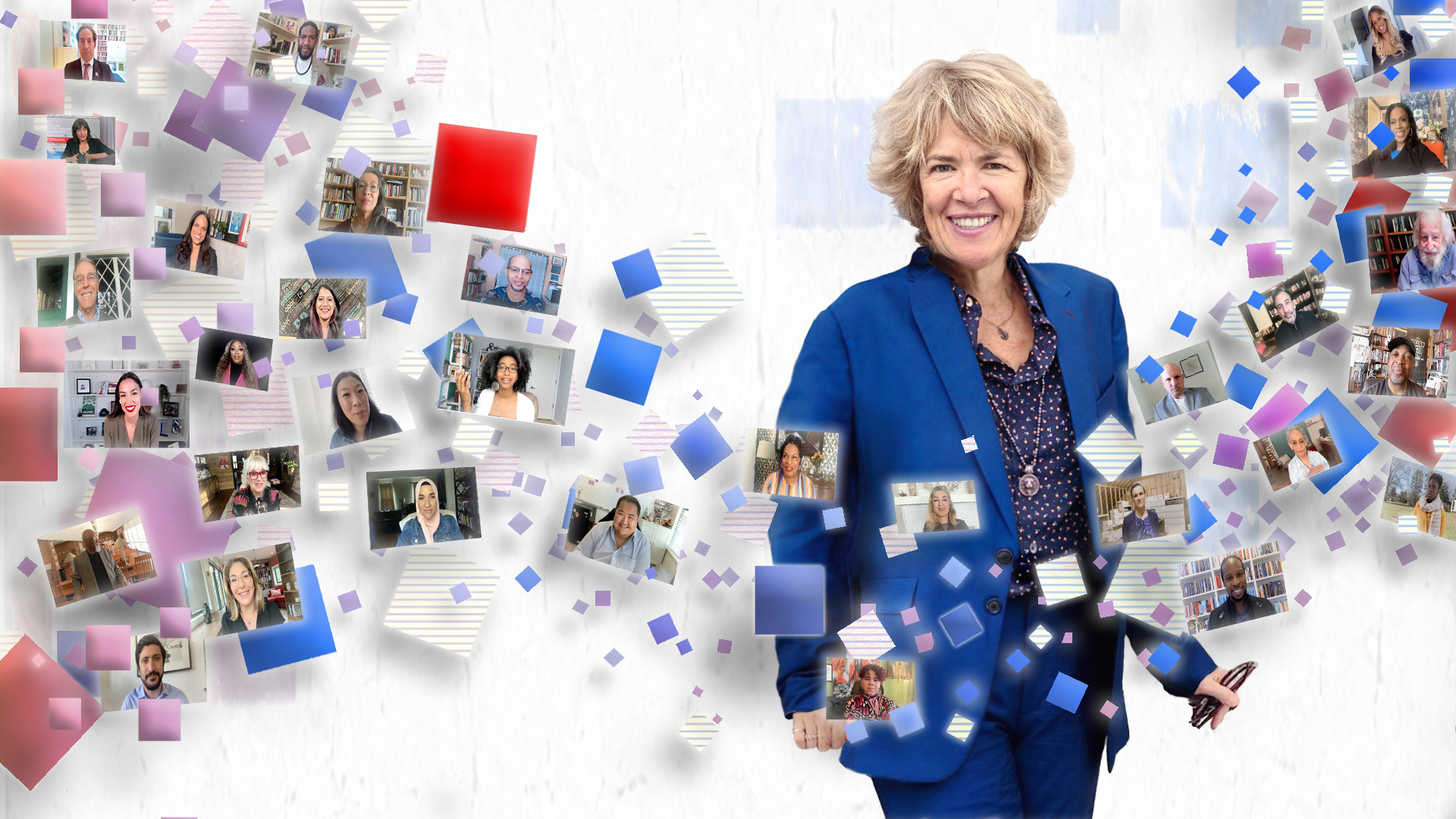
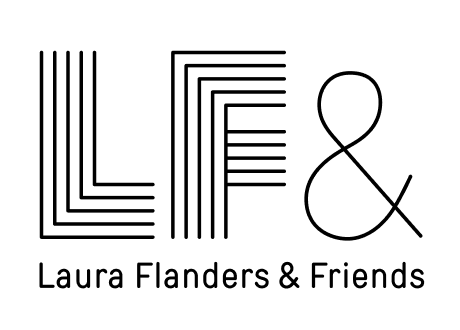
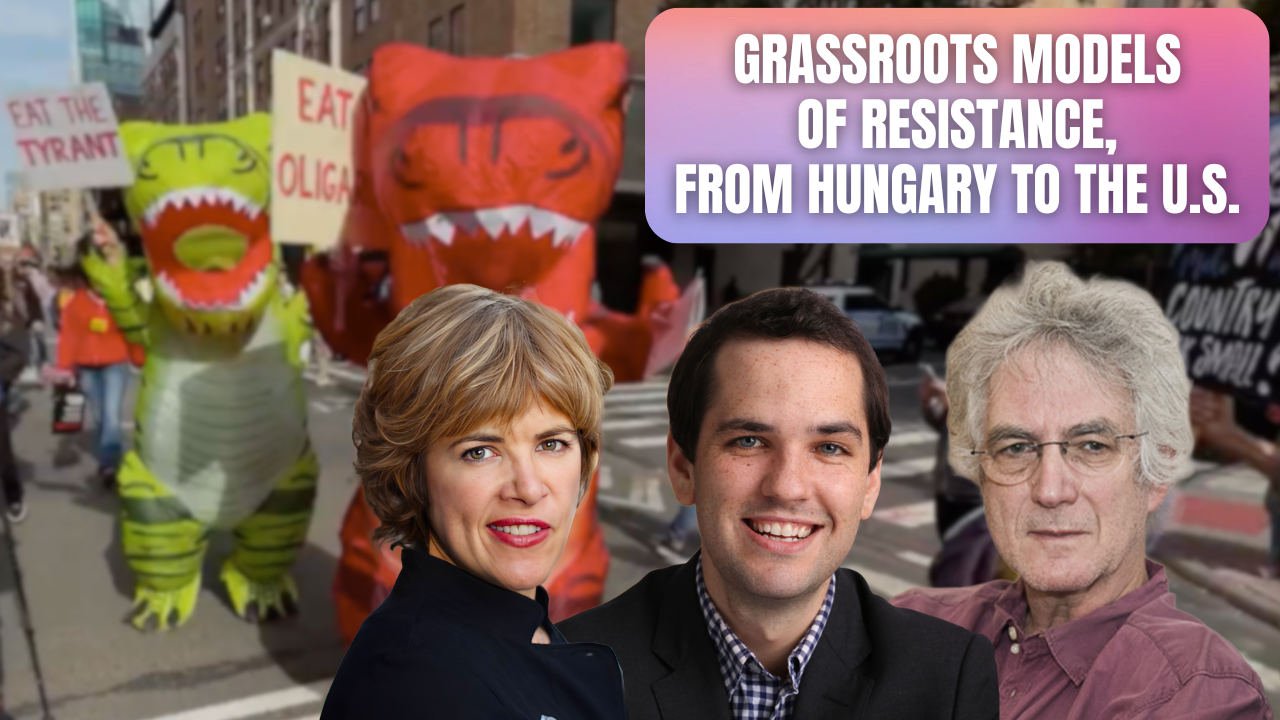
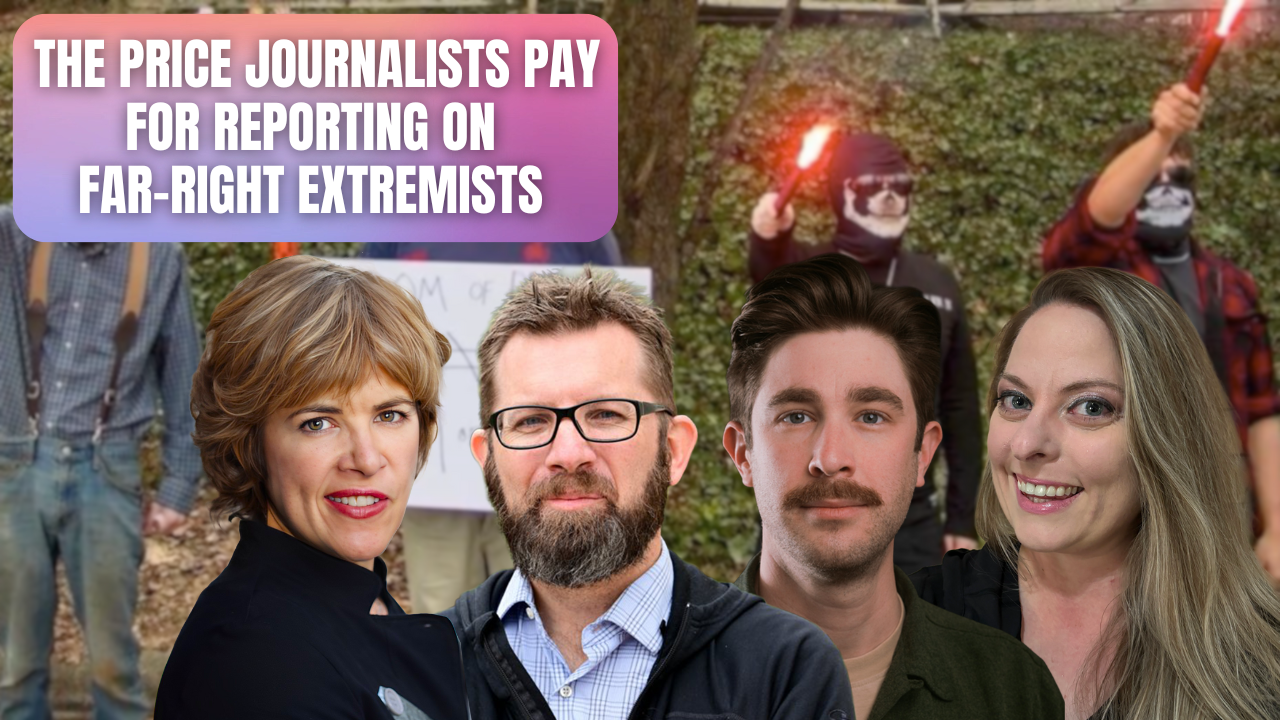
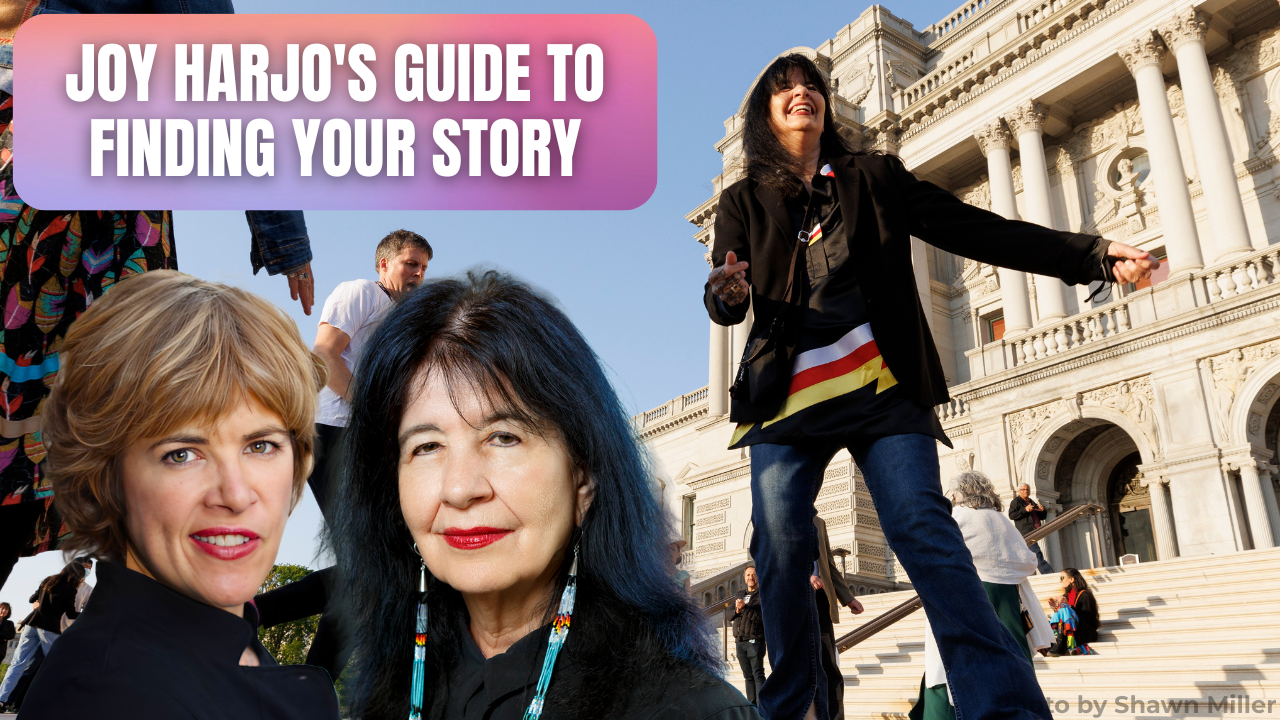
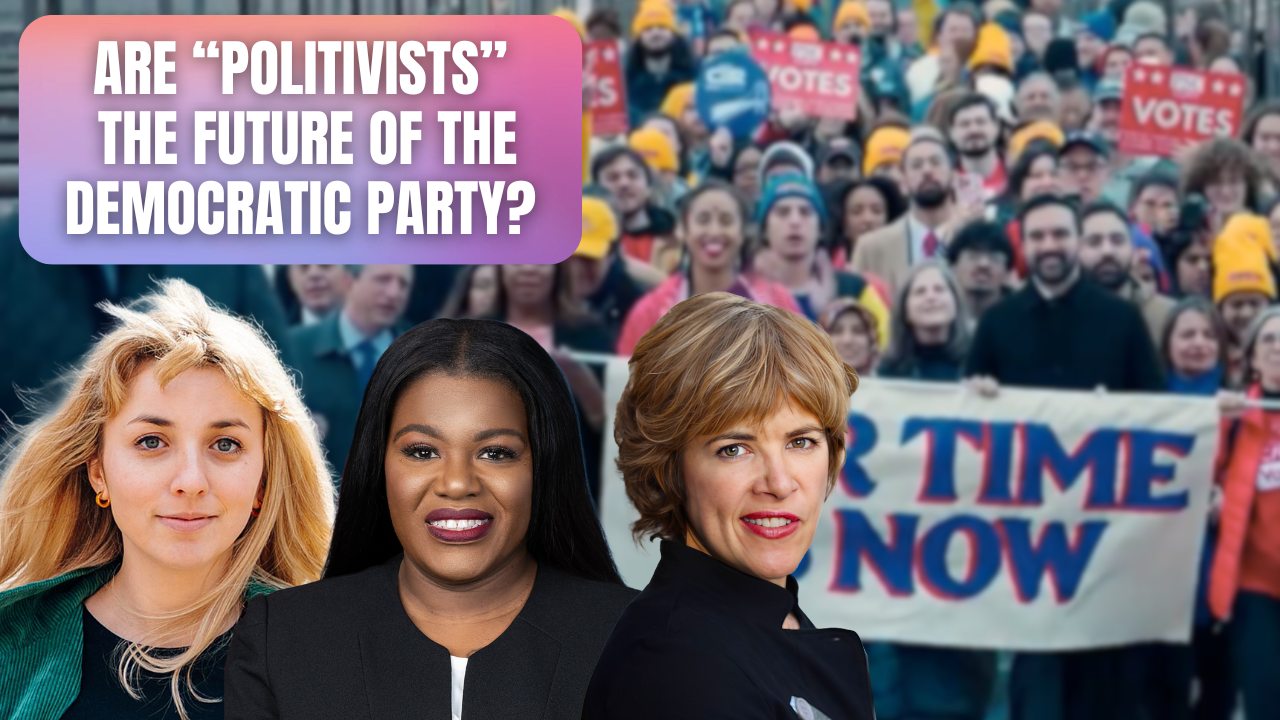
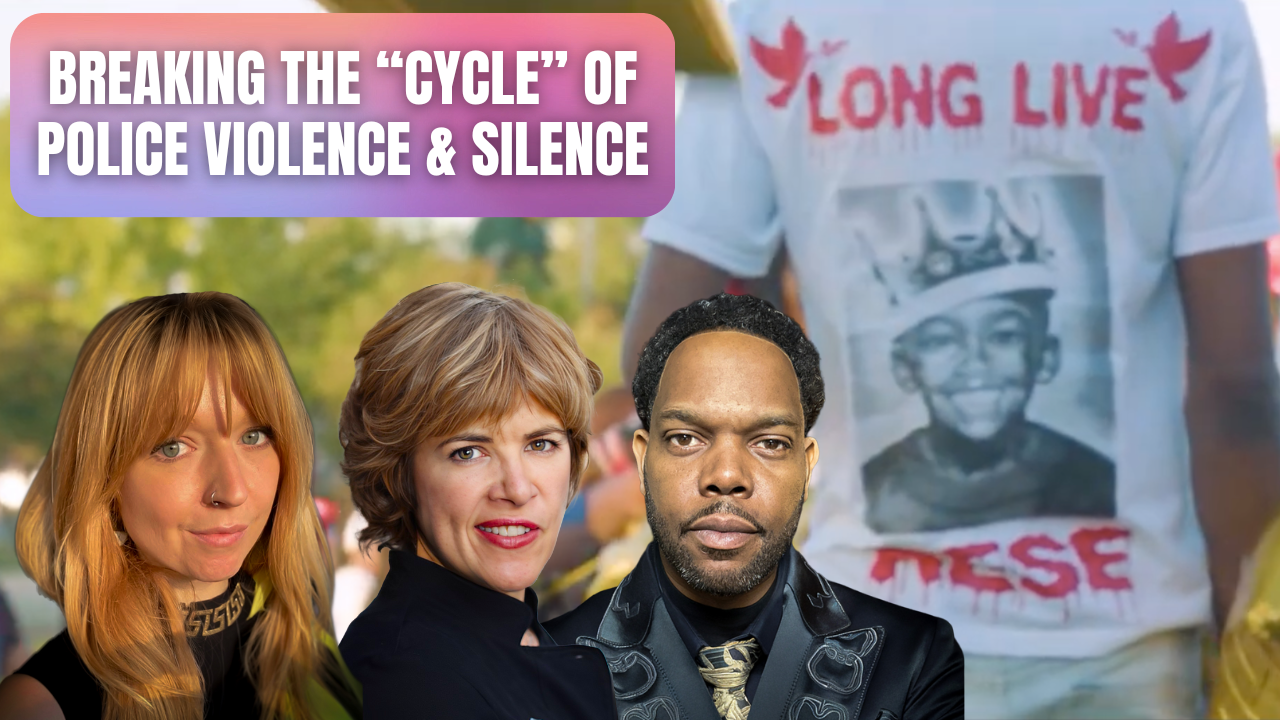
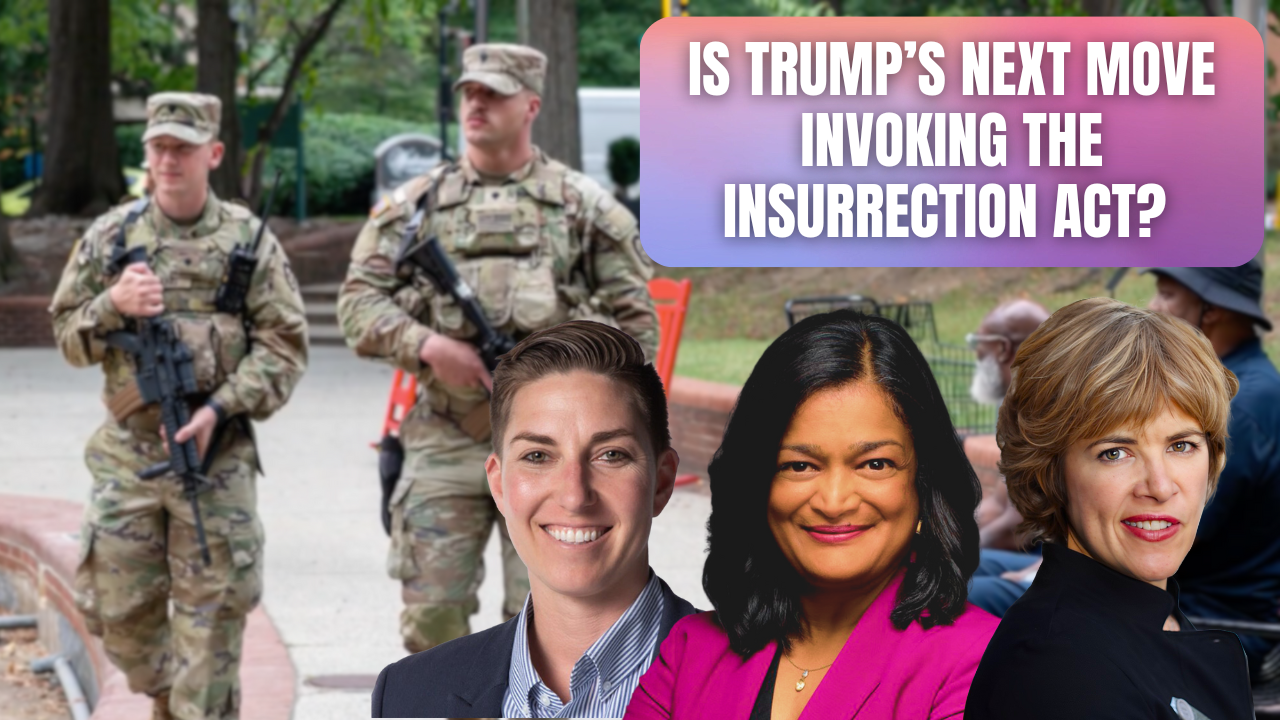
Leave a Reply